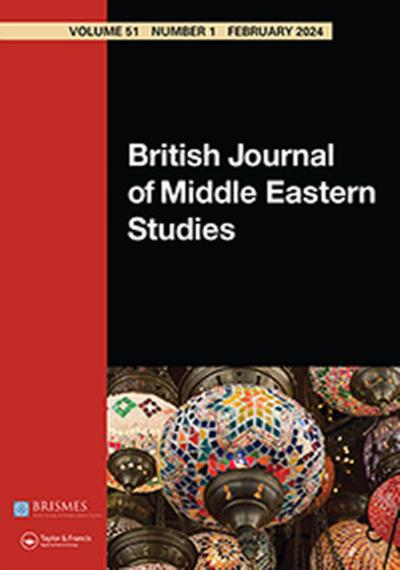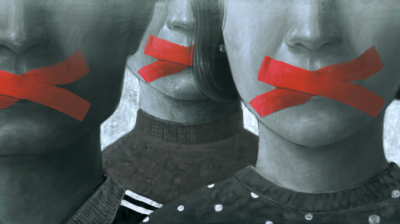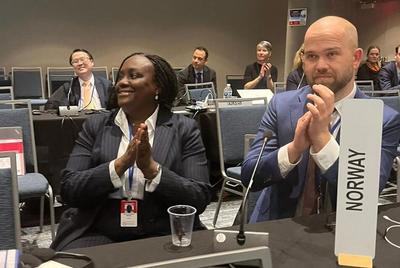Women’s Activism in Saudi Arabia: Male Guardianship and Sexual Violence
Saudi Arabia is often presented in Western media as the poster child of women’s oppression. It is the country where women are forced to cover their heads and body in black dress and cannot drive cars. Although Saudi Arabia has ratified several human rights conventions, including the United Nations Convention on the Elimination of all Forms of Discrimination Against Women (CEDAW), there are many legal restrictions on Saudi women’s rights in the name of Sharia. Because Sharia, as applied by Saudi courts, is uncodified and because judicial precedent does not bind judges, the scope and content of this law is uncertain. Therefore, Saudi Arabia presents itself as a particularly difficult political environment for women’s rights activists to demand legal reform. Added to that, civil society organisations, including women’s groups, are not allowed in Saudi Arabia. In spite of these constraints, however, women’s rights activists are active, both inside and outside of the country. In recent years, Saudi Arabia has seen some reforms, including, among others, a ban on domestic violence in 2013.
Against the backdrop of a Saudi state that does not have a codified criminal code, this paper explores how rape is defined in Saudi courts and to what extent and how women’s rights activists have put rape on the agenda.
How is rape defined in Saudi courts?
Saudi judges regard rape as a hadd (pl. hudud) crime. The hudud crimes are viewed as the ordinances of Allah, and they have fixed punishments derived from Islamic sources. A Saudi fatwa from 1981 stipulates that hiraba (brigandage, or highway robbery), which is a hadd crime,should cover offenses of sexual honour. This is an unusual interpretation and departs from classical Islamic jurisprudence. Proving hiraba requires two male witnesses or a confession from the perpetrator as evidence. Should there not be sufficient evidence, a judge can treat rape as a tazir crime, that is, an offense for which punishments are not stipulated in the Quran or Sunna (the Prophet Muhammad’s words, actions, and practices). This means the punishment is left to the discretion of the judge. Although this allows for circumstantial evidence, rape remains difficult to prove to Saudi’s conservative judiciary, which seems keener to punish the offense of gender mixing.
To what extent and how women’s rights activists have put rape on the agenda?
The main concerns of women’s rights activists have been the ban on driving and the male guardianship system rather than the issues of rape and sexual violence, which remain taboo topics in the country. Although most women’s rights activists do not explicitly focus on sexual violence, they implicitly focus on domestic violence and marital rape through their campaign against the male guardianship system. The male guardianship system not only directly affects a woman’s ability to report the crime to the police and file a court case without the permission of a male guardian, but it also relies on an underpinning idea of women’s obedience that is often in conflict with the possibility of combatting domestic violence, including marital rape. Furthermore, any struggles for legal reform remain difficult because of the lack of a written penal code or codified regulations.
http://dx.doi.org/
Liv Tønnessen





